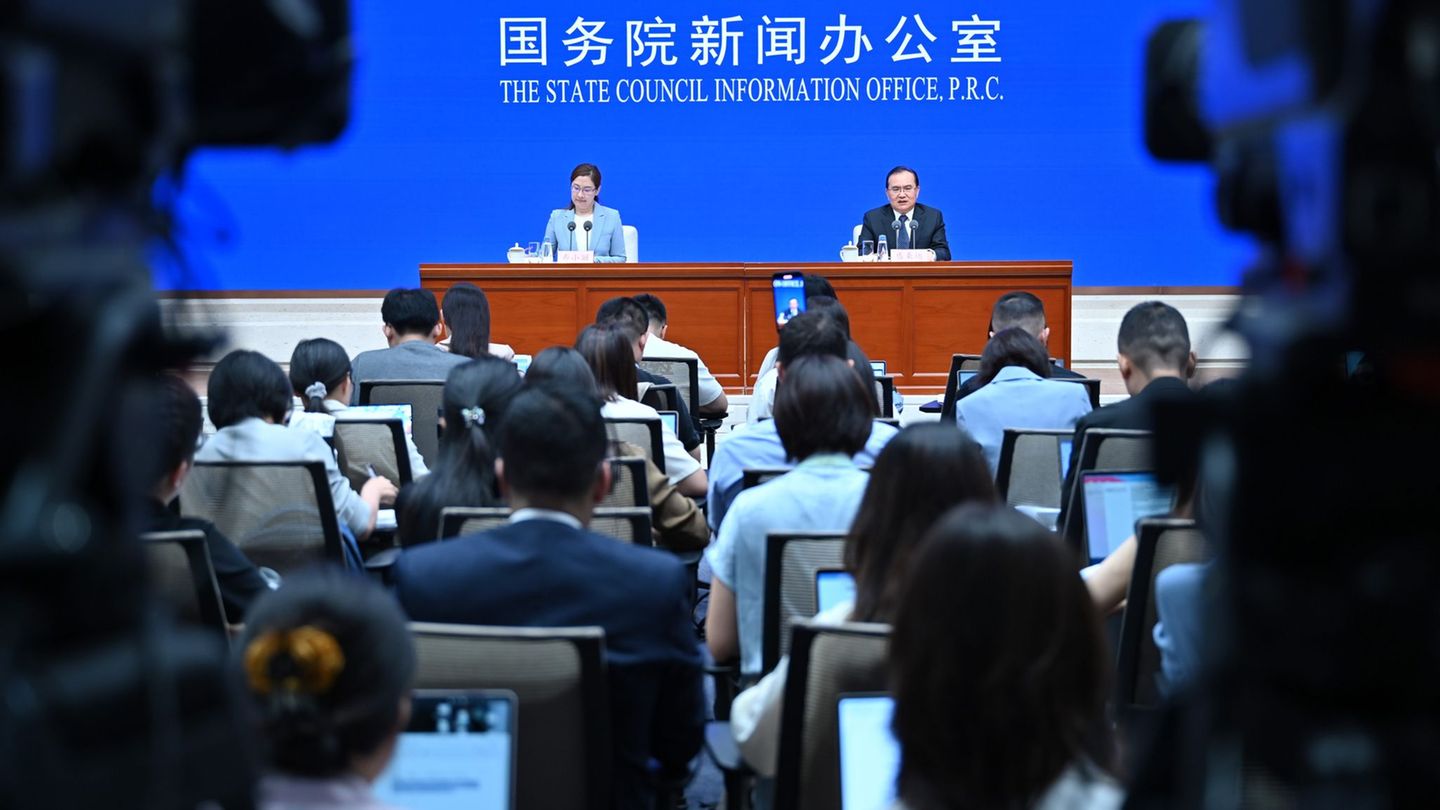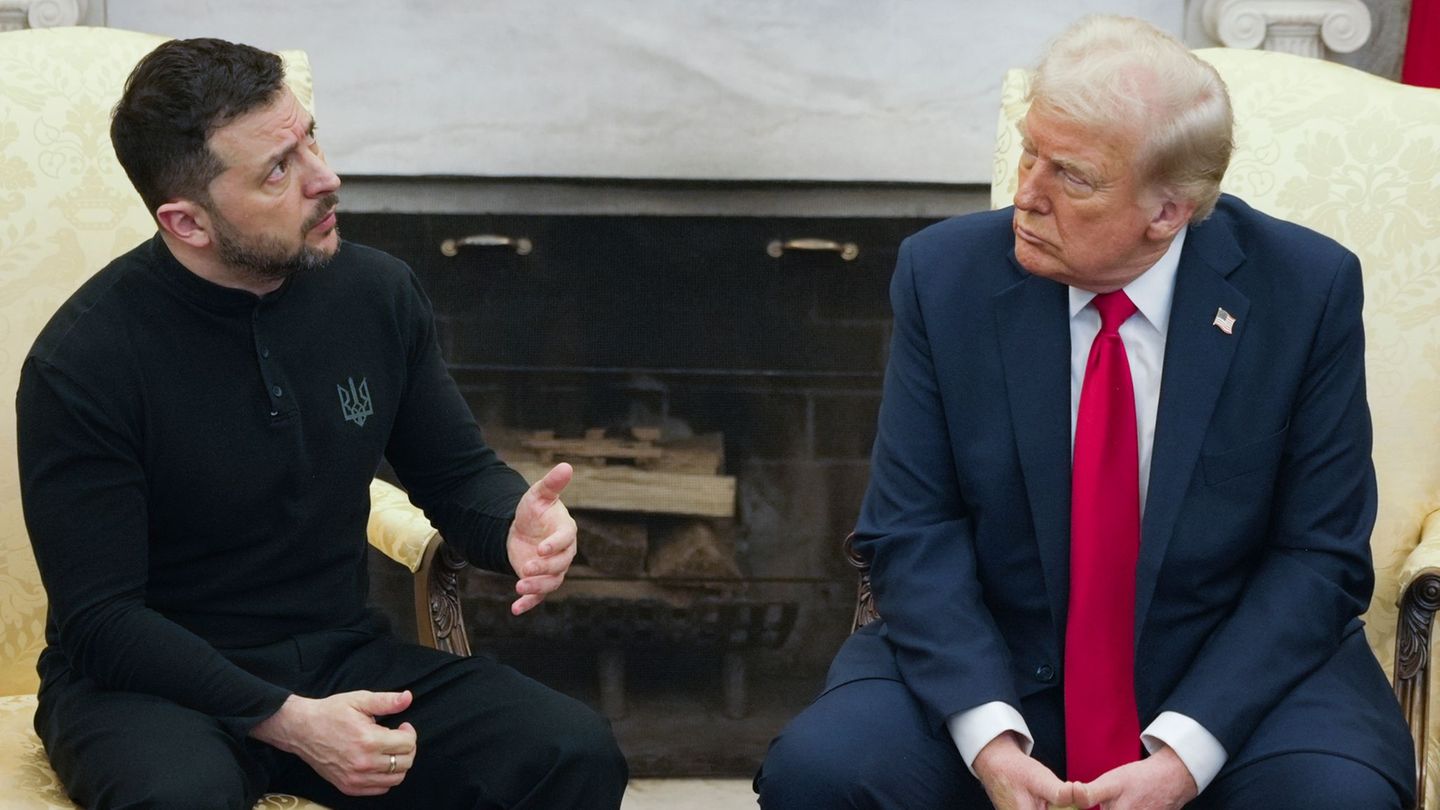KG: There are several, but I would like to focus on two in particular. The first is that tax systems emerged as a response to the local needs of each country and there are very strong principles of sovereignty regarding tax systems, mainly, but fiscal systems in general.
Now, the fact is that we are in a totally different reality, in which countries, their needs, their trade relations, everything is mixed together, and there is no mechanism, no space in which definitions are made on principles, rules, global guidelines on which everyone acts and which provide a basis for what to expect from the system.
So at this time each country does what it can with the information it has, with the experience it has, with the demands specific to its situation, but this creates legal loopholes because from one country to another what is required of tax agents is different and this creates gaps that many people take advantage of. This means that, in terms of evasion, approximately 6.7% of the regional GDP is lost in Latin America.
Q: What is the impact particularly in Argentina?
KG: Argentina loses approximately the average expenditure on health or 1.5 times the budget allocated to education. It is not at all despicable.
Q: What are the most common mechanisms to combat tax evasion?
KG: A very strong one, for example, is to guarantee compliance with the corporate income tax, Today multinationals evade 80% of the tax.
At the global level there is the tax convention within the framework of the United Nations. At the regional level there is the “Fiscal pact for Latin America”, where it is basically a “let’s come to an agreement”. In the negotiation mechanisms that exist, beyond the fact that we do not have much representation in our region, we also do not come to an agreement before going to present ourselves to those spheres. So, again, The more territorial differences there are, the more gaps there are for money to escape through.
Q: Why can’t countries come to an agreement? Are they influenced by pressure from other power sectors, business lobbyists?
KG: And well, many things. For example, In Europe there is a regional government, the European Union, which forces youLatin America doesn’t have it. There is no representation there, so if someone doesn’t agree, they just leave the conversation and nothing happens.
The issue of power struggles certainly exists, especially in a region where we had the largest increase in billionaires during the pandemic, but I feel that it is primarily the fact that we have systems that are very different, very heterogeneous, and we also do not have a central authority that says this should be done.
Q: Just after starting his term, President Javier Milei recommended “buying dollars and fleeing them.” If you can buy them “on the black market,” all the better, because that way, the president said, “you don’t have to pay a bunch of stupid taxes.” How do you take these comments coming from a presidential figure?
KG: Again, this is in a context where government spending is basically the only tool you have to provide a society that is fair and allows everyone to have some opportunity. It is irresponsible also in the sense that, by being part of a country, you acquire rights and obligations. And one of these obligations is usually to comply with what the law determines, whatever the type of law. If you are moving your dollars to violate one of these laws, then that is not right.
Q: However, a discussion that has been raised worldwide and that challenged Argentines in the elections has to do with the reflection of tax payments in the quality of public services. Emmanuel Álvarez Agis, an Argentine economist, recently stated that the problem of the average taxpayer is that he cannot see his efforts reflected in public infrastructure because the richest do not pay their taxes, thus deteriorating their ability to contribute. Do you think the same?
KG: Another flaw of the current tax system is that those who have the most power usually have the tools to ensure that the burden does not fall on them.
If in Argentina there is so much evasion, so much tax non-compliance, if the rates of our systems are perceived as high, but not as high as those maintained by developing countries, where public systems work better, then yes, one of the problems is regressiveness.
Then there is another issue: we, as citizens, have the obligation to demand, right? At the polls is the moment in which we also take part, because we basically choose the system that will govern us.
Q: What is Argentina’s role in the OECD? Does it maintain an active participation?
KG: It depends on the topic, but in reality the OECD countries that make up the region has been more on the side of silence and abstinenceespecially in the UN conversation, there have been few interventions regarding each person’s position. That is why we have also seen the need to push with our national counterparts, because sometimes there is also a lack of information. Sometimes you get 500 thousand papers a day in advance and you have 24 hours with your team to review all of that and take part in a vote. So, sometimes in our cases there are no resources, there are no people, there are other fires that you are putting out.
Q: What is a progressive tax system today? What characteristics should it have?
KG: For me, it has two main elements. In theory, the only thing that progressivity implies is that the one who has more, pays more. Now, the issue of “what it means to have” has changed a lot over time and that is what our systems are not able to answer. Before it was your income, but now NFTs, cryptocurrencies and other types of things that current tax systems do not even imagine are added.
The second thing that progressivity has for me, although in a more implicit way, is coherence. Coherence in terms of the incentives it promotes. Because a tax is not only about collecting taxes, a tax is the behavioural guide that it is giving to those who are paying taxes. For example, a tax on plastic bottles is telling you “I don’t want you to consume plastic bottles”, that’s why I’m charging you for what you’re doing.
However, we are all supposed to agree that we should not deforest the Amazon (Brazil), that we should take care of it, that it is probably one of our few hopes in this climate change environment. But imagine that Corporations that exploit the Brazilian Amazon for mining purposes receive subsidies of up to 85% of their income tax for farms. This is 0% consistent with what is supposed to be sought from the tax system in behavioral terms.
Q: In Argentina, a tax package has just been approved that includes an increase in the rate of the single tax and the restoration of the income tax, as well as a progressive reduction in the personal property tax, in line with the promotion of money laundering. Does this make sense, according to your terms?
KG: The last thing you just told me, that you can bring forward the next five periods to give yourself a form of discount. It’s like you’re consuming the Amazon rainforest to make a profit now. Of course. Exactly the same. It’s crazy. The issue of the self-employed that you told me about, Our reality as a region is that 70% of workers are informal.The impact on this sector, which is one of the least privileged because social security systems normally do not include this group, even if you make contributions as your own, for example, in Ecuador, if you contribute voluntarily, you still do not have access to the same benefits as if you had a formal job.
Q: I understand that you have presented the first results of the fiscal monitor for people and the planet, linked to care policies. Can you give us some conclusions regarding this monitor?
KG: The monitor emerged after the pandemic, with which we analysed the state budgets that were allocated to confront it, who was part of the target audience. And what was found there was that two thirds went to the large business sector. So, there were resources, but they were mainly allocated to a group that was not the social sector. So, after this first stage, what was said later is how to do a similar analysis, but not specifically about the pandemic, but more about social security and so on.
At the same time, care is basically all we need to exist. However, the conditions under which care is provided are very difficult in the sense that if you are a worker in sectors such as health, education or domestic work, you are probably among those who receive the lowest pay in our region. If you are a domestic worker, 80% are informal, that is, they have no type of affiliation.
Well, we want to understand how the budgets associated with care are being used. Care, that is, sustaining life, should be a public good, it should be a public good in the sense that it is a social responsibility not only of families, but also of communities and the Government. In the region, women are responsible for 76% of care provision, and this means that a woman spends approximately 30 more hours of work per week. It doesn’t matter what you do for work, what you study, what you do, what age you are, where you live, You have to dedicate 30 hours to taking care of your family and then that’s 30 hours less that you have to work.to study, to develop yourself, in whatever way you want to develop yourself.
Imagine that means approximately 8.5 or 9 million weekly hours subsidized by womenfor the work of women in the region. Can you imagine all that being recognized in some way? Of course. Well, then that was why the topic of care was chosen as the first link.
Q: Are you thinking of any specific strategy to ensure that this sector can receive compensation for its work?
KG: The two main areas we are reviewing are the issue of corporate taxes and the tax on large fortunes. Because, yes, once again, progressivity should be the core of tax systems, but it is not. And so one of the initiatives that we consider in this line is to really take advantage of this opportunity.
For example, in Brazil there was a proposal to impose a tax on large amounts of wealth, on 0.03% of the population, with an estimated collection of 8 billion dollars a year, without touching the average worker.
There is a huge opportunity and the idea is to link the needs regarding care, in terms of structures as well as in budgetary terms, with the opportunities offered by tools such as wealth taxes and better taxation of corporations.
Source: Ambito




